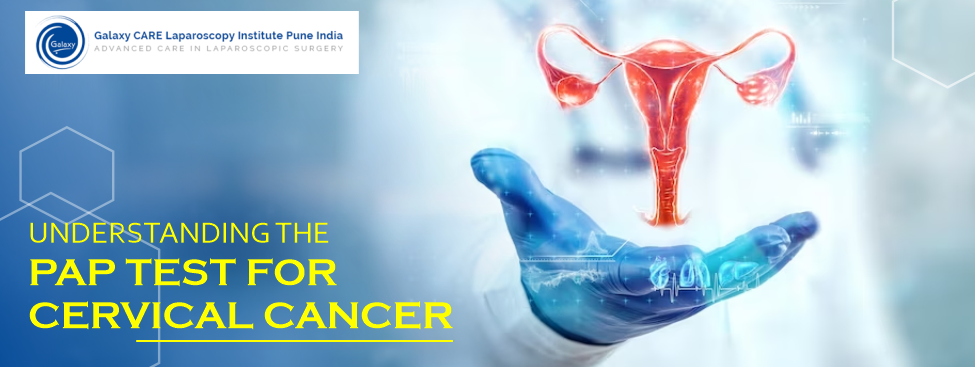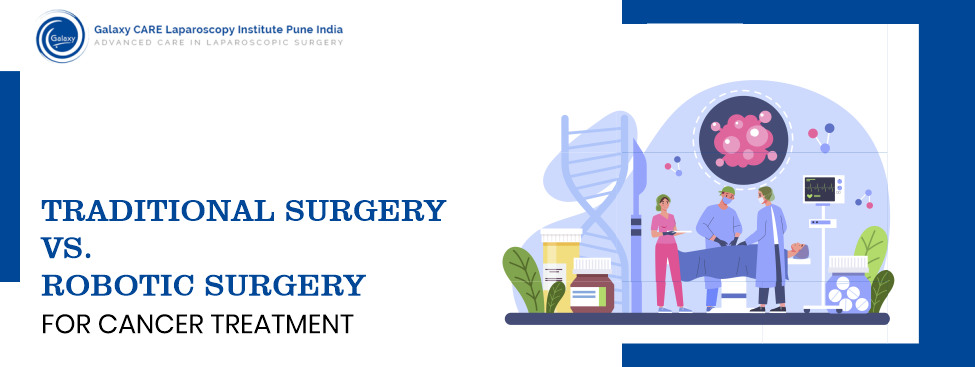
UNDERSTANDING THE PAP TEST FOR CERVICAL CANCER
Cervical cancer remains a significant health concern for women worldwide. However, with regular screening and early detection through Pap tests, the chances of successful treatment and prevention of this disease increase significantly. As the Best Cancer Hospital in Pune, we highly recommend women to undergo Pap Tests regularly. In this blog, we will delve into the importance of Pap tests, how often they should be conducted, and more. Let’s begin!
What is the Pap Test?
The Pap Test, also known as a Pap smear, is a screening test used to detect abnormalities in the cells of the cervix, which is the lower part of the uterus that connects to the vagina. During a Pap test, a healthcare provider collects a small sample of cells from the cervix, which are then examined under a microscope to check for any changes or abnormalities.
The primary purpose of a Pap test is to identify any precancerous or cancerous cells in the cervix. By detecting these abnormalities early, it increases the chances of successful treatment and prevention of cervical cancer. It is an essential tool in women’s healthcare and is recommended as part of routine preventive care.
It is important to note that the Pap test is not a diagnostic test for cervical cancer only. If any abnormal cells are found during the Pap test, further diagnostic tests, such as a colposcopy or biopsy, may be recommended to confirm the presence of cancer or pre-cancerous conditions.
Frequency of Pap Tests
The American Cancer Society recommends that women begin getting Pap tests at the age of 21 and continue until the age of 65, or as advised by their healthcare provider. The frequency of Pap tests may vary depending on a woman’s age, medical history, and risk factors. Generally, women between the ages of 21 and 29 should have a Pap test every three years. For women aged 30 to 65, a combination of Pap tests and human papillomavirus (HPV) testing is recommended every five years, or a Pap test alone every three years.
It is essential to consult with the Best Cancer Specialist in Pune to determine the appropriate frequency for Pap tests based on individual circumstances. Women who have had a hysterectomy or have received the HPV vaccine may require different screening guidelines.
Pap Test Risk Factors
The Pap test is a safe and routine procedure with minimal risks. However, it’s important to note that every medical procedure carries some degree of risk. Here are a few potential risks associated with the Pap test:
1. Discomfort: Some women may experience slight discomfort or a sensation of pressure during the Pap test. However, this discomfort is typically brief and temporary.
2. Spotting or light bleeding: It’s not uncommon to experience light spotting or minimal bleeding after a Pap test. This is usually minor and resolves on its own within a day or two.
It’s important to remember that the benefits of the Pap test in detecting cervical cancer and pre-cancerous conditions far outweigh the potential risks. Consult with the Best Oncologists in Pune if further tests are required after the Pap Test to diagnose cervical cancer.
What To Expect During The Pap Test?
During the procedure, you will be asked to lie down on an examination table with your feet in stirrups, similar to a pelvic exam. The healthcare provider will gently insert a speculum into your vagina to keep the vaginal walls open. This allows them to visualize and access the cervix.
Next, a small brush or spatula will be used to collect a sample of cells from the surface of your cervix. This is done by gently scraping or swiping the cervix to gather the cells for the Pap test. The collected cells are then placed on a glass slide or in a liquid solution for laboratory analysis.
The procedure itself is relatively quick and usually takes only a few minutes. While it may cause some minor discomfort or pressure, it is generally not considered painful. If you experience any pain or discomfort during the procedure, it is important to communicate this with the best Cancer Specialist in Pune or near you!
Conclusion
Regular Pap Tests are a vital tool in the prevention and early detection of cervical cancer. By understanding the importance of this test and adhering to recommended screening guidelines, women can take charge of their health and reduce their risk of developing this potentially life-threatening disease.
Galaxy Care Hospital, the Best Cancer Hospital in Pune offers top-notch cancer treatment, ensuring patients receive the highest standard of care throughout their journey. Make an appointment with the Best Oncologist in Pune to prioritize your health and take a proactive step towards cervical cancer prevention. Remember, early detection is the key to successful treatment, and Galaxy Care Hospital is here to support you every step of the way.


